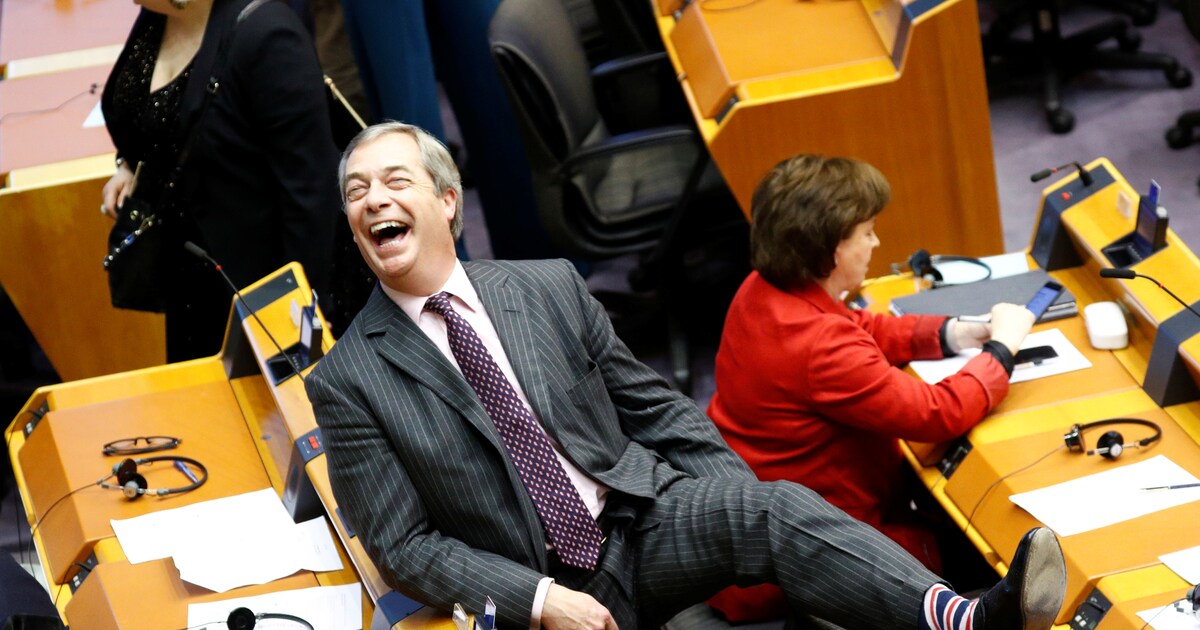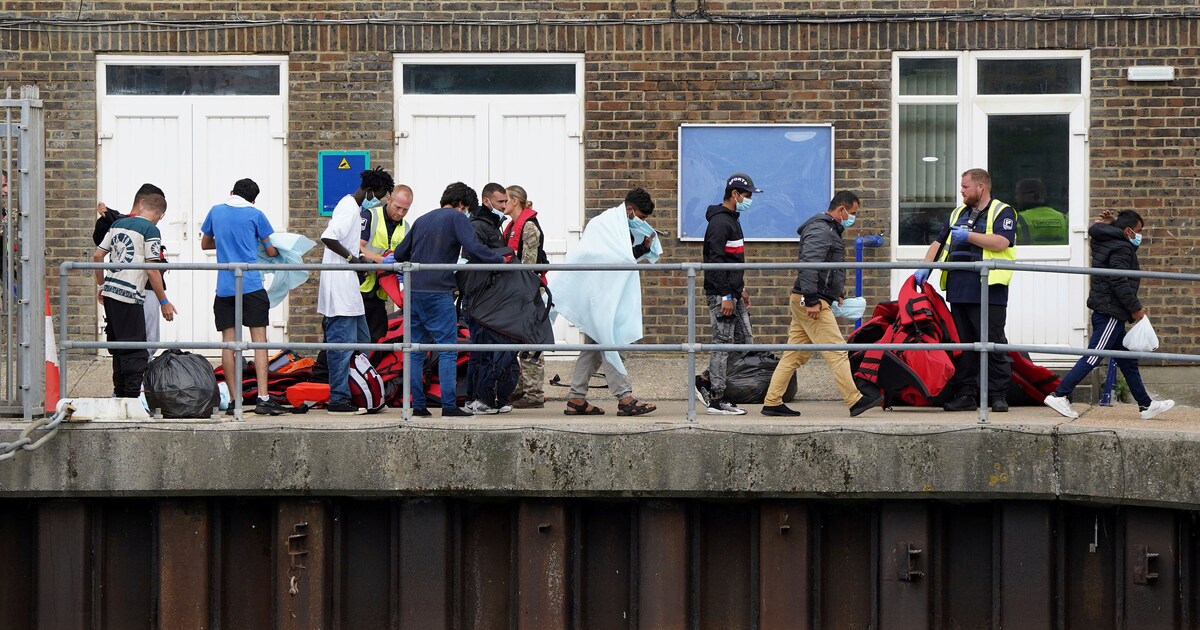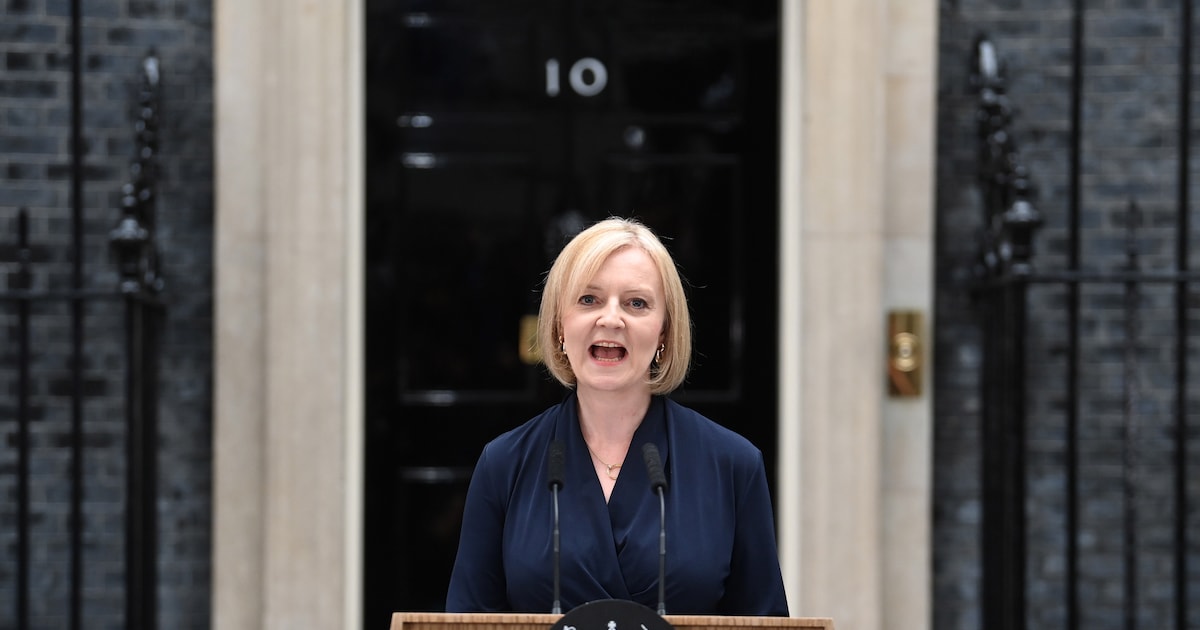Now that Poland has found its way back to democracy and the rule of law, a rare moment of light in dark times, I remember British historian Norman Davies once calling the country the ‘heart of Europe’. That’s the title of his ‘brief history’ of Poland: Heart of Europe488 pages.
For those accustomed to thinking from a Western European perspective, as the Dutch continued to do for a long time after the fall of the Wall, it would be strange to locate the heart of Europe in what was always called Eastern Europe. But if you look at a map, you will see that the Baltic states – members of the EU since 2004 – extend much further east. And if the people of Belarus had the freedom to choose, the country could also easily join the EU, as Ukraine – the next country east of Poland – has already done. Then wipe the UK off the map because of Brexit, and this is the result: Poland in the heart of Europe.
Davies was of course not only concerned with Poland’s location, but also with its historical-political position: ‘Poland was the point where the competing cultures and philosophies of our continent fought each other in the most acute form, where the tension of the European drama played out. touched the flesh and nerves of a great country. Poland is not just a distant bump or protrusion heart from Europe.’
The spell has been broken
These are the closing sentences of his book, and I must mention that these sentences are from 1985. The clash of philosophies he was talking about at that time was the philosophy of communism and liberal democracy. It took until 1989 before the confrontation was resolved, and no, I’m not thinking about the fall of the Berlin Wall in November of that year, but about what preceded it. Because in June 1989 a breakthrough occurred in Poland: the dissident trade union Solidarnosc had forced free elections and won all open seats in the Sejm (Polish House of Representatives) and 99 out of 100 seats in the Senate.
This marked the collapse of the Polish communist regime, which then ended with the collapse of the Polish communist regime and was followed by other Eastern Bloc countries. The success of Solidarnocs, supported by Pope John Paul II of Poland, was not the only factor; Without a certain Gorbachev, we might not have gotten to this point. However, Poland, as the largest and once the most powerful country in Eastern Europe, had the heaviest burden, and still does today.
It is therefore significant that voter turnout in this election reached a record of nearly 75 percent, 10 percent higher than in 1989, when much was at stake. Then the birth of democracy, now salvation. This comes as a huge relief to those who, like me, sometimes fear that Eastern Europe is historically too burdened to be truly democratic and not truly part of the EU.
Sunshine: In Poland, democratic philosophy has defeated autocratic philosophy. Now we have to wait for a repeat of the domino effect of 1989. Because things cannot continue like this, Hungary, with Victor Orban shaking hands with Vladimir Putin.
Three times a week Stevo Akkerman writes a column in which he preaches ‘tough nuance’ and ‘relentlessness on one side and on the other’. Read it here.

“Hipster-friendly creator. Music guru. Proud student. Bacon buff. Avid web lover. Social media specialist. Gamer.”



/s3/static.nrc.nl/wp-content/uploads/2024/04/web-2404buibootmigrant.jpg)



